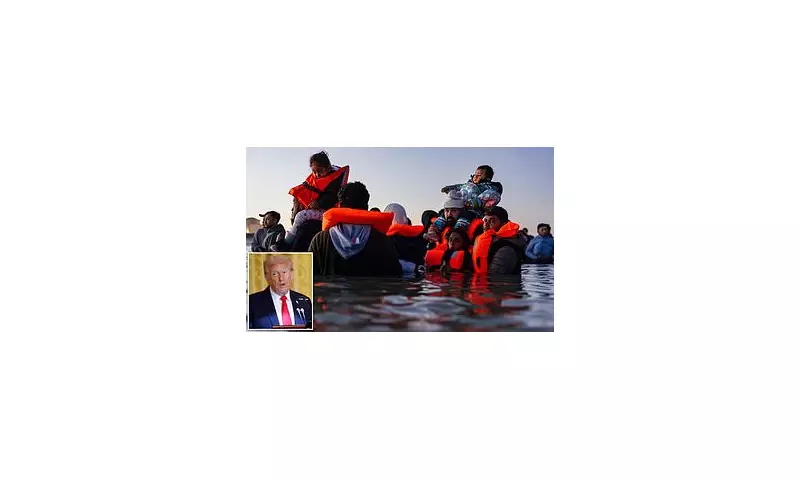
In a striking announcement that could dramatically alter transatlantic dynamics, former President Donald Trump has revealed plans to extend refugee protection to Europeans who face persecution for expressing anti-mass migration views online.
A Sanctuary for Silenced Voices
The proposed policy would mark an unprecedented move in international relations, creating what amounts to political asylum for citizens of allied nations targeted merely for sharing their opinions on immigration matters.
This revolutionary approach addresses growing concerns about freedom of expression across Europe, where numerous individuals have faced professional consequences, legal challenges, and social ostracisation for criticising mass migration policies.
The Digital Battlefield
Central to Trump's proposal is protection for those persecuted in the digital realm. The plan specifically mentions Europeans who have been:
- Removed from social media platforms for immigration-related content
- Faced employment termination due to expressed views
- Subjected to legal harassment for online commentary
- Experienced social marginalisation for opposing current migration policies
Redefining International Alliances
This policy position represents a significant departure from traditional diplomatic protocols between Western allies. By offering sanctuary to Europeans critical of their own governments' immigration approaches, Trump is positioning the United States as a defender of free speech principles some believe are under threat in Europe.
The announcement comes amid ongoing debates about the boundaries of acceptable discourse regarding migration across European nations, where several countries have implemented stricter laws concerning online expression on sensitive topics.
Political Implications
This bold proposition is likely to resonate with conservative movements across Europe while potentially creating diplomatic tensions with governments that view such interference in their domestic affairs as unprecedented.
The policy framework suggests a fundamental reimagining of refugee status, expanding it beyond traditional definitions of persecution to include those facing consequences for political expression in democratic societies.
The Free Speech Frontier
Trump's announcement positions free speech protection as a cornerstone of his foreign policy vision, potentially creating a new axis in international relations centred on expression rights rather than traditional geopolitical alliances.
This development comes as multiple European nations continue grappling with balancing free expression against social cohesion concerns, with several implementing increasingly restrictive measures on online speech regarding migration and other sensitive topics.
The proposal underscores deepening divisions in Western approaches to fundamental rights and could signal a significant shift in how future international alliances are formed around shared values—or differing interpretations of them.





